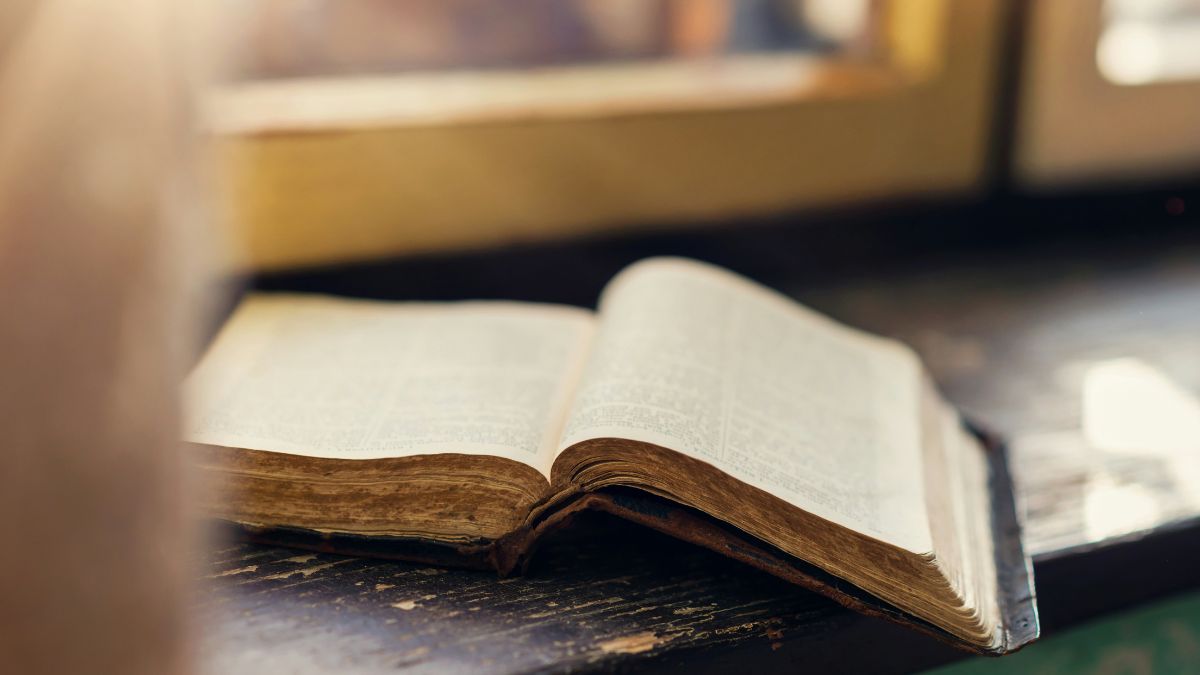

BreakPoint
Children Who Kill
Britain is in shock over two murders that sickened even the most hardened police officers: the senseless butchering of a two-year-old boy and the cold-blooded torture of an elderly woman, stabbed 86 times. What made these crimes so heinous is that they were committed by juveniles. The toddler was killed by two ten-year-old boys, the woman by two seventeen-year-old girls. Juvenile crime doesn't mean stealing hubcaps and skipping school any more. It means murder, rape, and assault. In fact, the steepest increase in violent crime is taking place among teens and adolescents. New statistics show that in the U.S. from 1985 to 1991, the number of 16-year-olds arrested for murder rose 158 percent; the number of 15-year-olds rose 217 percent; the number of 13-and 14-year-olds rose 140 percent; 12-year-olds, 100 percent. What's happening to our children? Two criminologists—James Q. Wilson and Richard Herrnstein—asked that question a few years ago in their book Crime and Human Nature. And the answer they came up with was not what we would expect from a couple of academic sociologists. Evil, they said, is innate in the human soul. It's not a result of poverty or poor education. Whether a person becomes a criminal depends crucially, Wilson and Herrnstein found, on the development of conscience in the early years. Adult behavior is a reflection of childhood moral training, the development of internal restraints on impulsive behavior. Words like these ought to resonate richly for the Christian. Modern sociology is reading a page right out of the Bible. Scripture teaches that evil is a part of human nature from birth. That's what theologians mean by "original sin." The Puritans captured the idea in the New England Primer: "In Adam's fall, we sinned all." In colonial days, there was no question about the reality of innate evil. Parents knew their primary task was to instill moral conscience in their children. But later, the biblical view was rejected as harsh and negative. In the eighteenth century, Jean Jacques Rousseau introduced a new philosophy of childhood. Children are not sinners, he said. They are naturally good. The goal of education ought to be to free children's natural impulses. In the 1960s, Rousseau's ideas became common currency among educators and child experts. As Wilson and Herrnstein tell it, morality was denounced as repressive and stifling. Childrearing theories rejected self-control in favor of self-expression. But without moral self-control, there is no check on the innate tendency to evil. No sooner did Rousseau's concept of childhood become widespread than the crime rate began to climb. And it's still climbing today—engulfing ever-younger children, as the British are learning to their horror. The only solution to juvenile crime is to reverse our ideas about childhood. We need to recapture the Puritan insight that children are sinners who need moral training. Self-esteem programs that just teach kids to like themselves are not enough. What they desperately need are internal moral restraints—without which any civilization will fall into barbarism.
06/11/93















